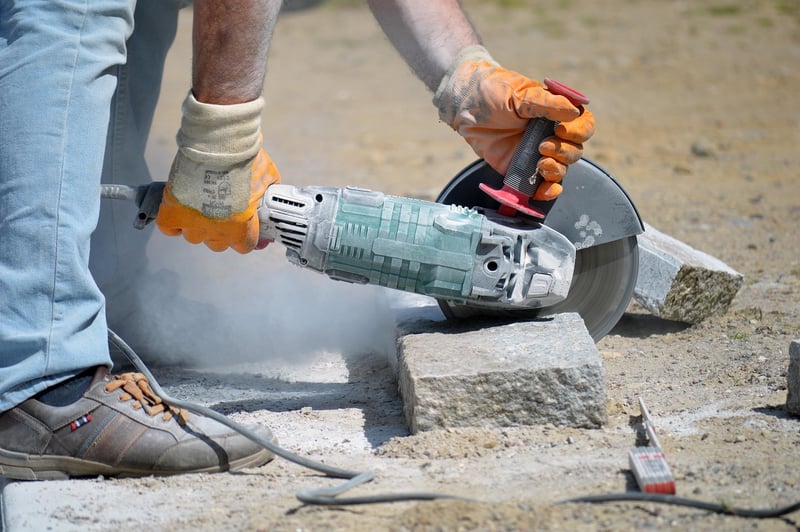Interview Preparation
Navigating Career Changes and Interview Preparation
Introduction
Embarking on a new career path or transitioning to a different role can be both exciting and daunting. To help you navigate this journey successfully, it's essential to have a clear plan and be well-prepared. This guide will provide you with valuable insights on how to manage career changes and ace your interviews.
1. Assess Your Skills and Interests
Before making a career change, take the time to assess your skills, interests, and values. Consider what you excel at and what motivates you. This self-reflection will guide you in choosing a career path that aligns with your strengths and passions.
2. Research Potential Career Paths
Explore different industries and roles that interest you. Research job descriptions, required qualifications, and growth opportunities in those fields. Understanding the job market will help you make informed decisions about your career transition.
3. Develop New Skills
Identify any skills gaps you may have in your desired field and work on acquiring them. Take online courses, attend workshops, or pursue certifications to enhance your skill set. Continuous learning is key to staying competitive in today's job market.
4. Update Your Resume and LinkedIn Profile
Ensure your resume and LinkedIn profile reflect your most recent experiences and skills. Tailor your resume to highlight relevant achievements and qualifications for the positions you are applying for. A strong online presence is crucial for attracting potential employers.
5. Prepare for Interviews
Practice common interview questions and prepare compelling answers that showcase your abilities and experiences. Research the company and the role you are applying for to demonstrate your interest and enthusiasm during the interview. Dress professionally and arrive on time for your interview.
6. Follow-Up After Interviews
Send a thank-you email to your interviewers within 24 hours to express your gratitude for the opportunity. Use this opportunity to reiterate your interest in the position and highlight why you are the ideal candidate. Following up shows professionalism and keeps you on the interviewer's radar.
Conclusion
Transitioning to a new career path requires careful planning and preparation. By assessing your skills, researching potential career paths, developing new skills, updating your resume, and honing your interview skills, you can successfully navigate career changes and impress potential employers. Remember to stay resilient and adaptable throughout this process, and you will soon find yourself thriving in your new role.


